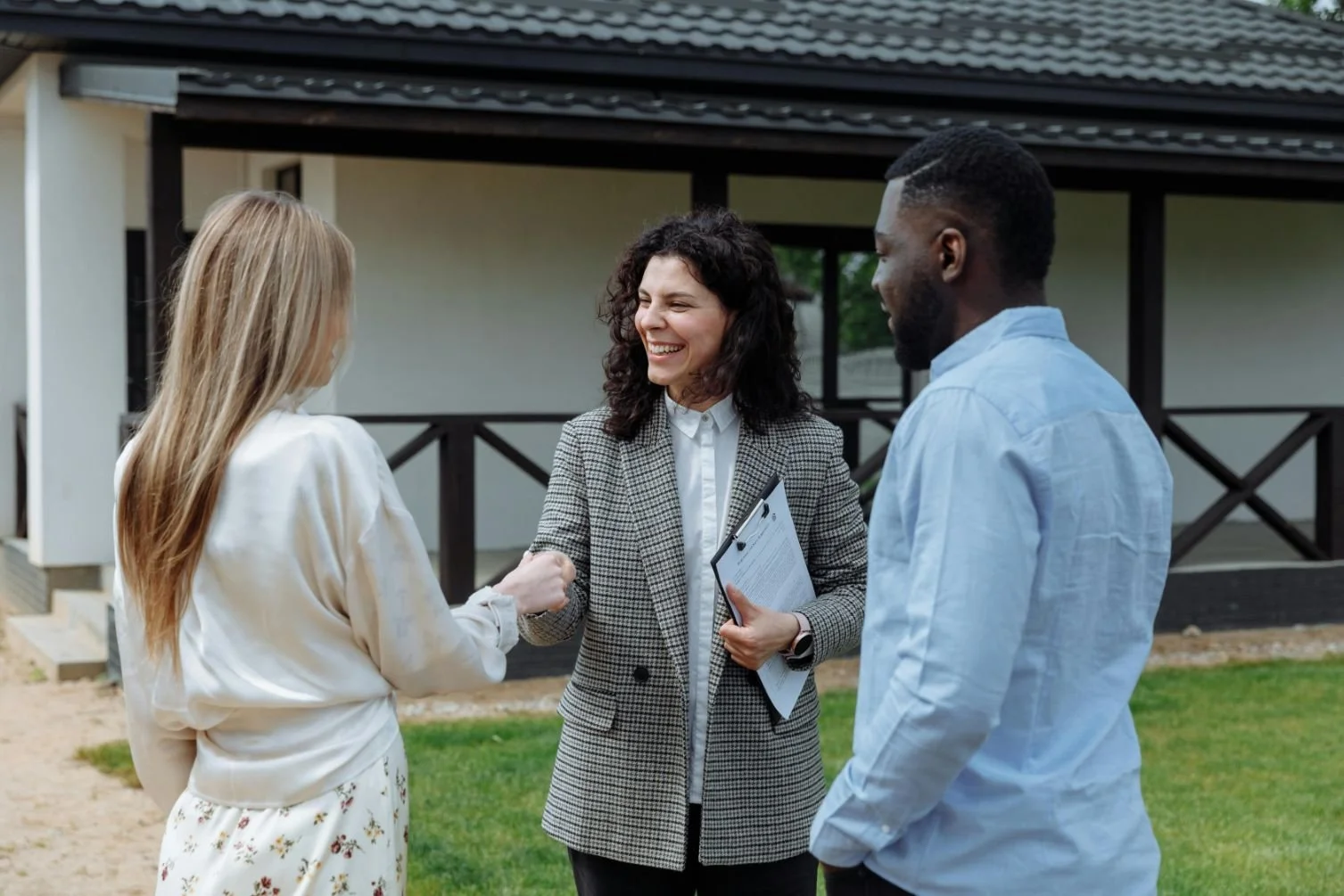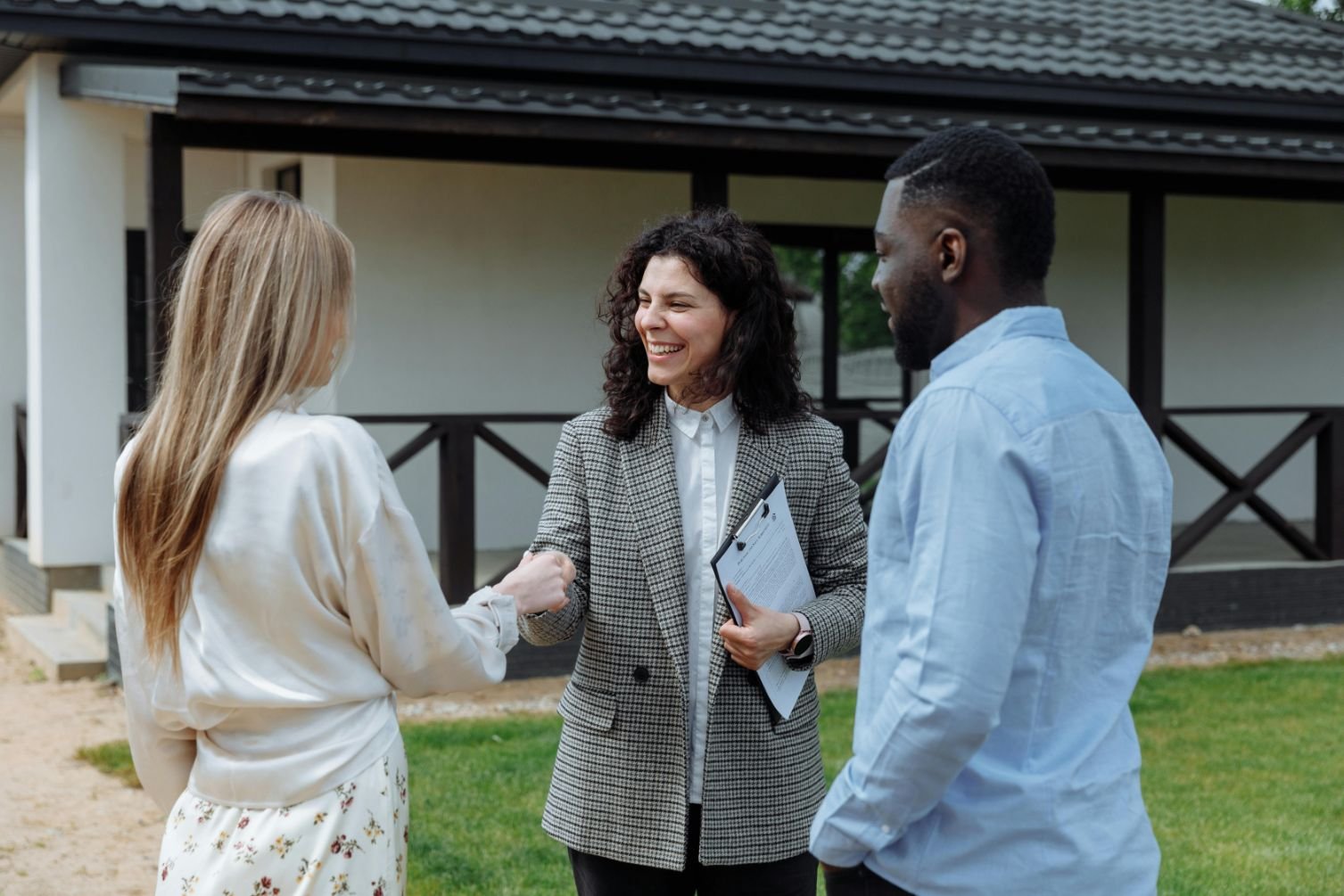Common Homebuying Mistakes and How to Avoid Them
Avoid common homebuying mistakes with expert tips on budgeting, inspections, and negotiations to make smarter, stress-free decisions.
Buying a home is one of the biggest financial decisions you’ll ever make, and one of the most exciting. Whether you’re a first-time buyer or someone looking to move into a new space, the idea of finding a place to call your own is filled with hope and possibility. You start imagining life in your new neighborhood, decorating the living room, or hosting dinners in your future kitchen. It’s a big milestone, and for good reason.
But alongside all that excitement is a lot of pressure. Between fluctuating housing prices, mortgage jargon, and unexpected costs, the process can be overwhelming. And when emotions run high, it’s easy to make mistakes that can cost you later. The good news is, most common homebuying mistakes are avoidable if you know what to look out for.
Understanding the financial side of homebuying early on helps set the tone for a smoother, more confident journey. It all starts with knowing exactly what you can afford.
Mistake #1: Shopping for Homes Before Knowing Your Budget
One of the most common missteps people make is jumping straight into home tours and listings before figuring out what they can realistically afford. It’s easy to get swept up by beautifully staged homes and dream features like walk-in closets or oversized kitchens, but that dream can turn into a financial nightmare if you commit to a property beyond your means.
That’s why it’s smart to begin your search with a clear idea of your financial boundaries. A home affordability calculator can help you determine what price range is suitable based on your income, monthly expenses, debt, and how much you’re planning to put down. It’s a practical tool that gives you a realistic overview of what a mortgage payment would look like, not just in terms of the house price, but also by factoring in property taxes, insurance, and other related costs.
Knowing your budget before browsing listings can save you time and stress. It helps you avoid falling for a home that seems perfect but turns out to be financially overwhelming. When you have a clear budget, you can focus your energy on homes that fit your life, not just your wishlist.
Mistake #2: Ignoring Additional Upfront Costs
It’s easy to focus only on the down payment when planning for a home purchase. But there are plenty of other upfront costs that can catch buyers off guard. Closing costs, appraisal and inspection fees, moving expenses, and utility setup fees can all add up quickly. Some buyers spend nearly all their savings on the down payment, leaving them scrambling when these other costs appear.
To avoid this, set aside a separate portion of your budget specifically for upfront expenses. While closing costs usually range from 2% to 5% of the home’s price, it’s wise to overestimate rather than underestimate. Make sure you have enough savings left after your purchase to cover a few unexpected repairs or furnishings. Starting homeownership with a financial cushion, not an empty bank account, can make a big difference.
Mistake #3: Skipping Mortgage Pre-Approval
Another mistake many buyers make is assuming they’ll qualify for a loan without actually confirming it. Mortgage pre-approval is not just a formality. It’s a key part of the homebuying process. Without it, you risk wasting time looking at homes outside your price range or losing out on a property to another buyer who already has their financing lined up.
Getting pre-approved for a mortgage helps you understand the loan amount you may qualify for and gives you more credibility with sellers. It also prepares you for what your monthly payments might look like based on different loan terms. Don’t wait until you’ve found a home to take this step. Get pre-approved before you start seriously shopping.
Mistake #4: Letting Emotions Drive the Decision
It’s natural to fall in love with a home. Maybe it reminds you of the house you grew up in, or it’s in the perfect school district. But letting emotions override logic can lead to poor decisions, like overpaying, skipping important steps, or rushing into a contract.
Before you start house hunting, create a list of must-haves versus nice-to-haves. Think about your long-term needs, not just your current situation. Is the layout right for your lifestyle? Is there room to grow? Are you compromising on non-negotiables just because the kitchen is updated?
Being emotionally invested isn’t a bad thing, but balance it with a thoughtful and practical approach. That way, you’ll love your new home for years, not regret your decision a few months in.
Mistake #5: Overlooking the Neighborhood
The home itself may be beautiful, but don’t forget to evaluate the neighborhood. Some buyers get so focused on the property that they ignore the area around it, and that can be a major mistake. The right home in the wrong location can quickly become a source of frustration.
Look at the neighborhood’s safety, walkability, school ratings (even if you don’t have kids), and commute times. Visit during different times of day to get a feel for traffic, noise levels, and activity. Talk to neighbors if possible. Is the area growing, or is it declining? Are there future development plans that could impact your quality of life?
Taking the time to assess the community as well as the house itself can save you from buyer’s remorse later on.
Mistake #6: Not Thinking About Long-Term Affordability
Just because you can afford a home today doesn’t mean it will always be the right fit for your finances. Life changes, jobs shift, families grow, expenses increase. Some buyers push their budget to the limit to get into the home they want, without considering what might happen down the road.
Instead of maxing out your budget, leave some breathing room for the future. Can you still afford the payments if your income changes? Have you accounted for rising property taxes, HOA fees, or maintenance costs? Homeownership isn’t just a one-time expense. It’s an ongoing financial commitment.
Building in that flexibility now helps you avoid financial strain later. It also makes it easier to enjoy your home without feeling burdened by it.
Buying a home is a big deal, and it’s okay to feel a little nervous about it. But when you slow down, do your research, and avoid the common traps many buyers fall into, you put yourself in a much better position to make a smart decision.
Start by knowing what you can afford, plan for all the costs involved, and keep your emotions in check. Be realistic about your needs, and don’t rush the process. Remember, this isn’t just about buying a house. It’s about building a future you can grow into.
With the right tools and a thoughtful mindset, homebuying can be a joyful and empowering experience, one you’ll feel good about long after the keys are in your hand.




